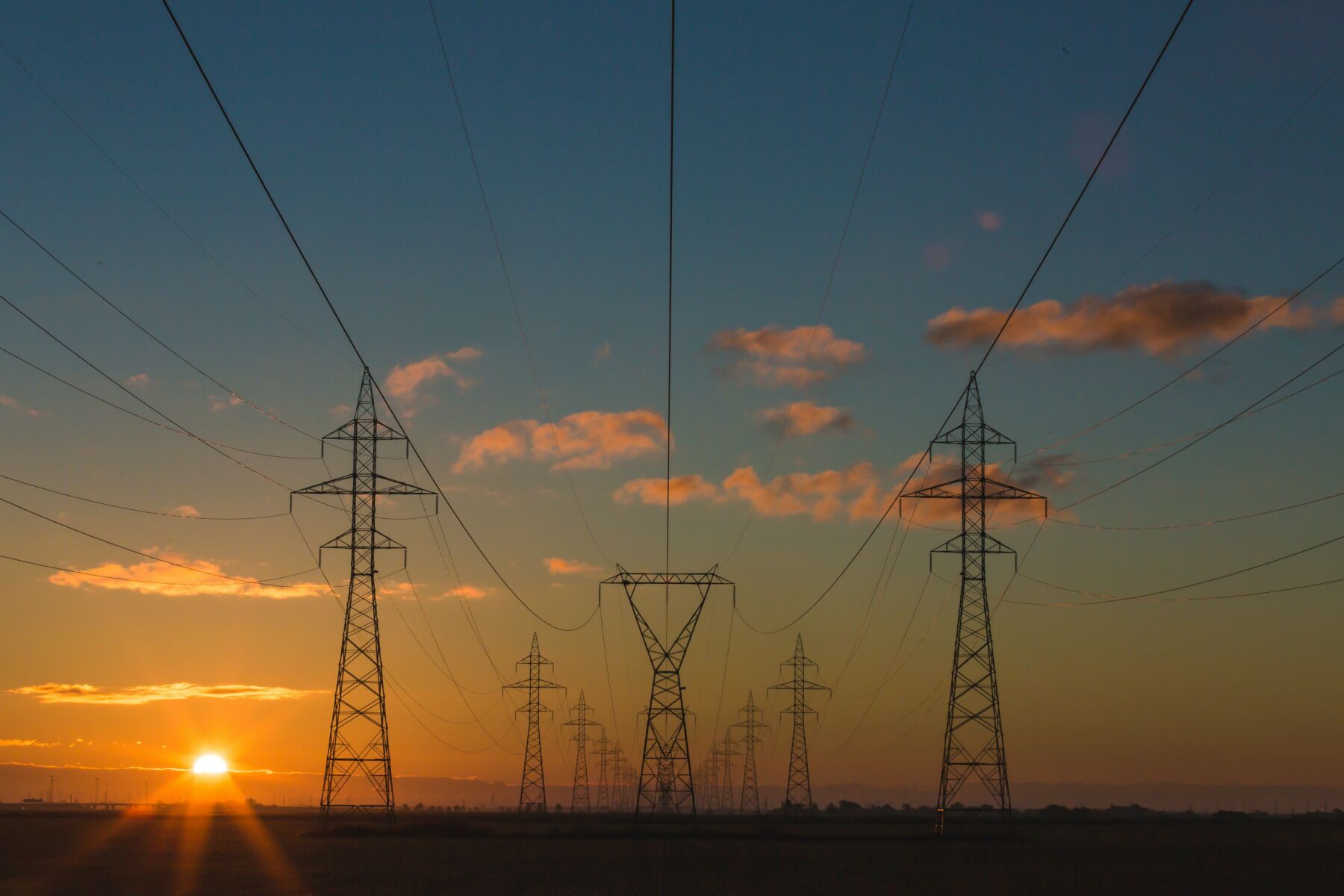ERC’s tariff cut to benefit households

The Energy Regulatory Commission (ERC) is anticipated to reveal a decrease in fuel tariffs (Ft) from May to August today, resulting in a drop in power tariff rates for households to 4.70 baht per kilowatt-hour unit from the current 4.77 baht per unit.
This decision comes in response to public outcry over surges in electricity bills during the summer months, with residents urging the government to take action to reduce their energy costs.
Khomgrich Tantravanich, the ERC’s secretary-general, stated that a panel is due to convene today to assess the fuel tariff rate for May to August following the Electricity Generating Authority of Thailand (Egat) proposing a 28-month moratorium on debt repayments.
The Ft, which is influenced by fuel costs, is a key component of the power tariff. The power tariff, in turn, is used to calculate electricity bills and is adjusted every four months.
The power tariff is also affected by debts owed to Egat, which registered a cumulative loss of 150 billion baht after subsidising electricity prices from September 2021 until December last year.
Tantravanich confirmed the panel, comprising representatives from various agencies including the Finance Ministry, will examine public debt and the nation’s financial discipline requirements when reviewing the rate.
Should the panel consent to the Ft reduction, power tariff rates for the following four months would be 4.70 baht per unit, he said. He also noted that further debt repayment delays to Egat were unlikely as this would result in liquidity problems for the authority.
Approximately 20 billion baht has been repaid to Egat between January and April, he added.
Kulit Sombatsiri, the Permanent Secretary for Energy, revealed that the ministry is considering other measures to help reduce energy costs after the Budget Bureau and related organisations stated there is an insufficient budget to subsidise energy costs, estimated at 8 billion baht.
Ahead of the September-December period, authorities have asked PTT Plc to contemplate stockpiling liquefied natural gas (LNG) for power generation as LNG prices have fallen to US$11-13 (377-445 baht) per million BTU from US$47 per million BTU earlier this year, he said.
Kulit indicated that electricity demand has skyrocketed during the hot season, reaching a peak of 32,212.5 megawatts at 8.44 pm on Wednesday.
Electricity bills are charged at a progressive rate, meaning that households consuming more electricity will pay higher rates.
On Thursday, political activist Srisuwan Janya submitted a complaint to the Office of the Ombudsman, requesting a fact-finding investigation into the rising electricity bills despite claims of an electricity oversupply in reserve.
He stated that the current reserve is about 60% of total capacity, whereas the internationally accepted reserve is at 10-15%.
Such a high reserve increases electricity generation costs, culminating in a higher power tariff, he argued. Srisuwan claimed that Egat’s procurement of electricity from private power plant operators, regardless of the significant surplus in reserve, is benefiting the energy operators at the expense of consumers.
Government spokesman Anucha Buraphachaisri assured on Thursday that electricity prices would decline once the cost of power generation begins to fall.
Latest Thailand News
Follow The Thaiger on Google News:


























